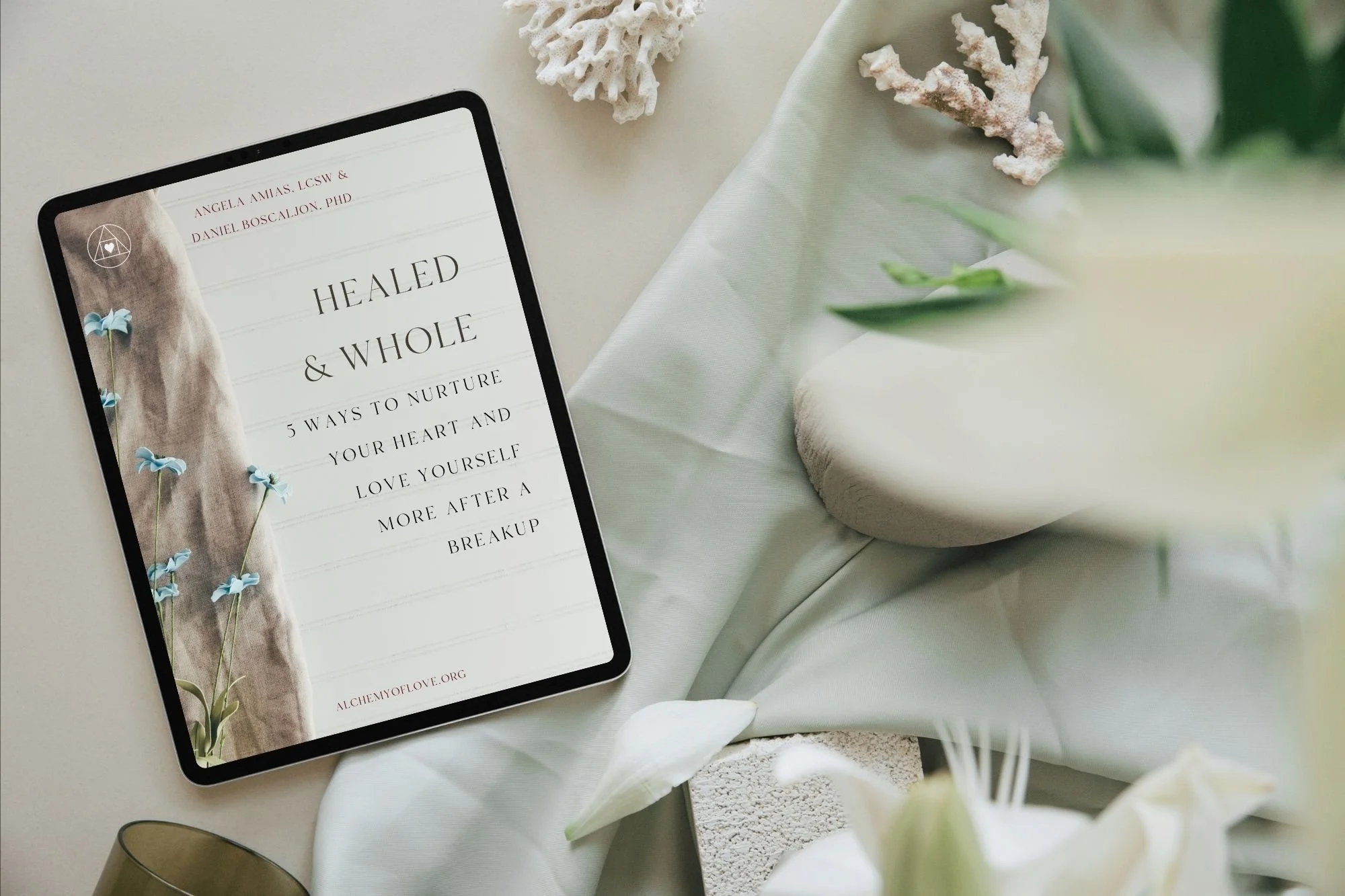My partner became someone I didn’t even recognize. How do I learn to trust again?
Katie writes: “I recently ended an eight year relationship. We were both in our fifties. I "did the work" on myself while investing in our relationship, and most of the time we got along well. But when it came to addressing any issues, they were not open for discussion. Eventually he not only seemed to lose interest in making an effort for the good of our relationship, in the last year he became mentally abusive. One month after our break up, in which he showed no reaction to, he showed up out of the blue to confess he had had affairs, plural, throughout our relationship. I do not know any details, and he simply said, "I didn't get the comfort I was looking for from you, so I went somewhere else." How is it possible to move forward at this stage in life, and trust someone new, after the person I chose to be with and loved became someone I didn't recognize before my eyes? It's hard to even trust myself now.”
Dear Katie,
Healing after betrayal trauma is challenging. As your question illustrates, not only does relationship betrayal make it difficult to trust others again, it also makes it difficult to trust ourselves again.
As it turns out, learning how to trust yourself again is the first and most important step in healing from this relationship.
If you’ve been reading this relationship advice column for a while, then you probably already know a little about what happens when we don’t know how to listen to ourselves or trust what we know deep down: Things end up going wrong in relationships.
That’s not to say that by trusting yourself, you can make a relationship work out.
What it really means is that once you learn how to trust yourself again, you’ll be far more equipped to recognize when your relationship—and your partner—don’t measure up to what you’re really looking for (or what you truly deserve).
After a relationship like this one, which turned mentally abusive and involved lies, deceit, and a lack of care and trustworthiness by your partner, the process of rebuilding trust with yourself takes time.
It also requires being able to ask yourself some thoughtful questions about what happened and when things first started going wrong in this relationship.
You’ll need to think through some things you noticed—but talked yourself out of noticing about your partner. You’ll need to uncover the signs that you minimized initially … but which turned out to be really important in showing you things about your partner that maybe you didn’t want to see.
This is how you recover your ability to trust yourself: You discover that you did see things in the beginning, even though you talked yourself out of recognizing them for what they were—warning signs.
When you reflect on this relationship, starting at the end of the relationship and moving backward toward the beginning of the relationship, can you put your finger on the first time it was obviously that something was off in this relationship?
Maybe you were shocked by a momentary interaction in which your partner was openly disrespectful or unkind to you. Maybe it was a time when it was blatantly obviously that he had lied to you or he was hiding something. Maybe he lost his temper and things got scary.
Whatever it is, try to put your finger on the first time things were obviously not right. In other words, try to find that moment when there was no way you could deny that there was something wrong in this relationship.
Now that you recognize when you knew for sure that something wasn’t right, let’s go even further back toward the beginning of your relationship.
This process of regaining trust in yourself requires being able to get to the roots of what happened in this relationship. And doing that requires some digging.
Cast your mind back even further in your relationship and see if you can pinpoint the moment in your relationship, probably early on, when things felt off for the first time. You’re looking for the first time you can remember things feeling wrong or bad, even if you couldn’t put your finger on exactly why things felt off.
What you’re trying to pinpoint here are the very first warning signs, the ones you probably overlooked at the time.
These are the early warning signals that we often dismiss in the moment, telling ourselves, He’s under a lot of pressure right now … or She just had an argument with her mother … or He’s stressed about work … or Her last partner treated her terribly.
We use these explanations to make excuses for the other person, to give them the benefit of the doubt in ways that really mean that we’re choosing not to see what we are seeing in a partner.
Why do we do this? Why do we refuse to see what’s right in front of us and instead make excuses for the other person?
One of the biggest reasons why we don’t acknowledge and act on the early warning signs about a partner is because we aren’t listening to ourselves. If we were listening to ourselves, we’d be paying attention to those uncomfortable gut feelings that are signaling: Something’s off here!
As an aside, I suspect that one reason why we disregard our internal early warning system is that we don’t really know what to do with the information. When I work with individuals in this situation, I help them distinguish between noticing and acknowledging reality and taking action based on what you notice.
In other words, you can notice something and understand what it means about the relationship, but you don’t have to take action immediately. It’s the pressure to take action that often causes people to slip into denial about what’s happening in their relationship.
As you’re looking back at this first warning sign in your relationship and seeing it with fresh eyes, the next question to ask is something like: Why didn’t I listen to myself? Why didn’t I pay attention to what I was seeing and how it felt to me?
This process of self-inquiry and reflection is a judgment-free zone. These are questions to ask yourself in the spirit of genuine curiosity.
Usually, in order to answer these questions, we have to go back to childhood—where we were missed out on being taught how to listen to ourselves.
In fact, we were actively discouraged or even punished for listening to that small inner voice that speaks up when things feel off or bad or wrong. When we tried to express our inner sense that something’s wrong, we were told: That didn’t happen … or Why do you always make such a big deal out of nothing … or You’re making that up … or That’s not nice to say.
In other words, we were systematically trained to distrust that inner voice, to discount it, to ignore it, and to override it.
So that by the time we became adults, we barely had a relationship with that inner voice any more. And when we lost our connection to our inner voice, we became vulnerable to relationships where we weren’t treated well.
Instead of listening to that inner voice, we refused to see what we already knew deep down, which is that there was something very wrong happening—even if we didn’t know exactly what it was.
This inner voice that I’m talking about is often called our gut feeling or intuition.
Learning how to listen to this inner voice requires taking it seriously. But this takes practice. It’s all too easy to dismiss our inner voice, because our intuition isn’t able to marshal lots of evidence that our feelings are justified.
Instead, our intuition responds to information that’s primarily outside our conscious awareness. It picks up on signals that things don’t match up and it tries to get us to pay better attention to what’s going on.
But your gut won’t ever act like a private detective with all the details.
This means that if your partner is carrying on secret affairs during your relationship, your gut will never say, “He’s having an affair with Alex from accounting and they’re meeting every Thursday evening when he says he’s having to work late.”
Instead, your inner voice will say, “Something feels off here. Something feels bad. I don’t know what it is but I don’t like it.”
With only that kind of vague information to go on, you can see why it’s so easy to respond to your gut by saying, “Don’t be silly. Why do you always make things into a bigger deal than they are? Stop it with all the drama.”
In the absence of hard evidence, you can just push those gut feelings down and keep going in the relationship.
This is why it’s easy to doubt and discount our inner voice—especially when childhood trained us into ignoring what we sense is true in favor of what others tell us we need to think.
Thankfully for us, even when we ignore our gut feelings, even when we dismiss our intuition that something is off, our gut doesn’t stop speaking to us. (Though, really, who could blame it if it did?)
Instead, it gets louder.
When we’re not listening to ourselves, we start feeling on edge all the time, anxious, unsure of ourselves. We can’t relax, we feel suspicious all the time. We tell ourselves we’re crazy to be so mistrustful of the other person. We get stomach aches and headaches and we can’t sleep at night—all because our gut sense is still trying to get our attention. Wake up! See what’s right in front of you!
When we finally do listen and we try to speak up, we find like you did that the other person isn’t interested in what we have to say.
They don’t want to talk about it. They tell us: You’re making a big deal out of nothing. Why are you like this? Why do you have to create problems? And if what our partner says is like what we heard when we were children, then we’re likely to tell ourselves something like What’s wrong with me? I am making a big deal out of nothing.
So how do you move forward after a relationship like this and learn to trust again?
Building trust starts with learning to listen to yourself. That means taking that inner voice seriously—amplifying it and making it louder instead of trying to drown it out.
It means giving your inner voice the benefit of the doubt instead of demanding proof and solid evidence.
Listening to yourself means trusting yourself to be able to assess a situation and another person … and acknowledge when you see in those early warning signs with another person. That means not making excuses when another person behaves badly toward you.
In my experience, it’s rarely the case that individuals genuinely transform into different people as a relationship goes on. It’s far more often the case that we didn’t really allow ourselves to truly see them until the end of the relationship.
Once we do see them clearly, if we look back over the course of the relationship as a whole, we usually see that the signs were always there. We just didn’t want to see them before.
When you learn how to trust yourself, and listen to your inner voice, then you’re ready to start trusting other people again. The truth is (as you discovered in this relationship) that not everyone we encounter in life is trustworthy.
There are people out there who aren’t safe to be intimate with. Thankfully, trust isn’t an all-or-nothing project. We don’t need everyone we encounter to be trustworthy before we can trust again.
There’s only one person that we absolutely must trust in order to open our hearts to love again: ourselves.
Once you establish genuine trust with yourself and you allow your inner voice to speak up when it senses something is off, then you’re in a far better position to discern who is deserving of your time, attention, care, and love (and also who is not deserving).
And on that note, I am wishing you a healing new chapter in your life, when you discover—maybe for the first time—that you know more than you think you know and your intuition, your gut sense, your inner voice is worth taking seriously.
~Angela
Creating fulfilling relationships after trauma is a journey. Enter your email to subscribe to Ask Angela and get thoughtful, trauma-informed relationship advice delivered to your inbox.
Ask Angela is an advice column dedicated to the topic of having fulfilling relationships after trauma. Click HERE to submit a question for Angela.
DISCLAIMER: this content is intended for informational purposes only and does not constitute professional medical or psychological advice, diagnosis, or treatment. Always seek the advice of your physician or other licensed health care provider with any questions or concerns you may have regarding a medical condition.
about angela Amias, LCSW
Angela Amias, LCSW is a relationship therapist and nationally-recognized expert on trauma and relationships. She’s the co-founder of Alchemy of Love, which provides trauma-informed relationship programs and resources. She’s also the founder of the Institute for Trauma Informed Relationships, which provides training and education to therapists and coaches who want to help their clients heal past wounds and create more fulfilling relationships.
As an expert on trauma and relationships, Angela has been featured in numerous publications, including Today, Oprah, Cosmopolitan, The Independent, Well + Good, Inc., Forbes, Business Insider, Salon, MSN, Women’s Health and the Toronto Sun.







